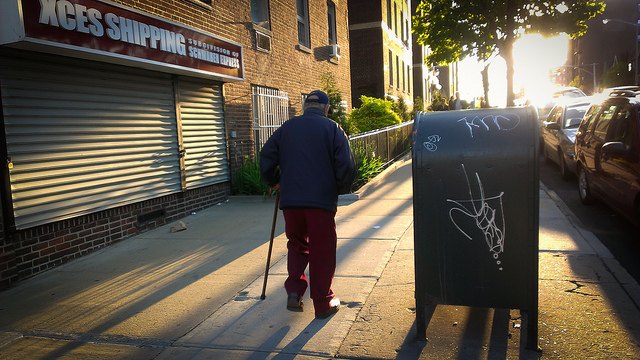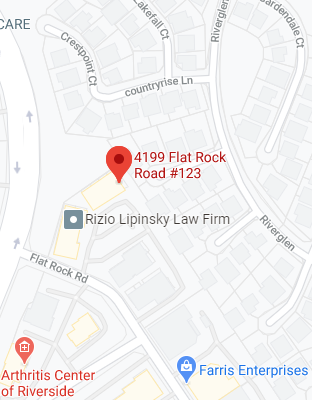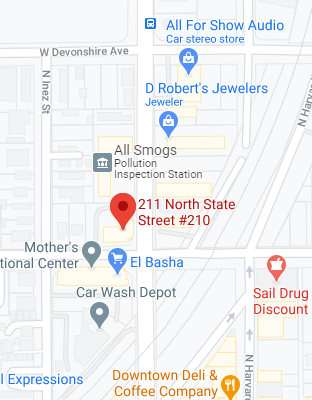
Perhaps if immigrant advocates switch tracks, we may still be able to achieve immigration reform in this millennium.
Instead of pushing for a holistic approach to immigration reform, we might ask ourselves, in a sliding scale of political possibilities, “For whom could immigration reform be passed?”
Sure, this is the back way into the house of immigration reform.
But if we can pinpoint who is considered “politically safe” on the radars of Congress and the President, maybe we can kick-start immigration change at that point.
Are There No Immigrants Worthy Of Reform?
How about bright, young, high-achieving immigrants, brought to the U.S. before they were old enough to consent?
Nope, says Congress. We cannot support amnesty.
How about long-term permanent residents who served in our military and defended our nation in global conflicts?
Nope, says Congress. We cannot condone criminal activity.
Okay, then how about undocumented immigrant seniors?
After all, many of our nation’s oldest undocumented immigrants live in poverty.
And other than their original entry or period of overstay, they have largely played by the rules, stayed out of trouble, and paid into our tax and social security systems.
Why Not Reform For Law-Abiding Immigrant Seniors?
As NBC reporter Seth Freed Wesller, in Old, Poor and Undocumented: Immigrants Face Grim Golden Years, recently noted:
According to conservative estimates from the Pew Research Center, in 2011 there were 850,000 undocumented immigrants over the age of 55; 150,000 were over 65. That’s a relatively small portion of the 11 million undocumented immigrants in the U.S., but experts say the numbers of elderly without legal immigration papers are poised to grow rapidly as they follow the Baby Boom generation into retirement age. And they are likely to be among our society’s most impoverished people.
Because undocumented immigrants of all ages are twice as likely as the general population to live in poverty, elderly immigrants without papers are less likely to have amassed savings. To survive, many of these seniors are left with little choice but to keep working low-wage, often physically demanding jobs—street vending, cleaning houses or working as home caregivers—for the rest of their lives.
Some critics assert these immigrants are a drain on the economy.
In reality, the opposite is far more accurate.
Living In The Shadows, Obeying The Law, Paying Taxes
Many long-term undocumented immigrants have lived in the shadows under the appearance of legality. In the 1980s and early 1990s, it was not uncommon for immigrants to be granted a valid immigration number, work authorization number, social security card, and drivers’ license, while their cases were pending.
Thus, many have paid taxes but never collected their refunds. They lack the ability to claim their contributions to the nation’s medicare and social security systems.
Moreover, forced to hide their undocumented status, several have subject to decades of exploitative economic practices by employers well aware of their situation.
On the other hand, they have no way to return home and, in some cases, due to their long residency in the U.S., some have no family living abroad any longer.
As a permanent resident lawyer, these are some of the saddest cases I’ve encountered.
Their immigrant petitions may have been denied on a technicality or delayed for several years, causing their paperwork, and often their eligibility, to vanish in the black hole of immigration bureaucracy.
The Political Void On Immigration Reform, Again
If the President and Congress wanted, they could carve out a piece of legislation which specifically highlights the plight of undocumented immigrant seniors. Such a measure would not be difficult to craft.
Even the American Association of Retired Persons (AARP), not known for liberal tendencies, support a path to legalization.
That such action is not forthcoming from our political leadership speaks far louder than their cheap campaign promises.
Recommended Reading:




